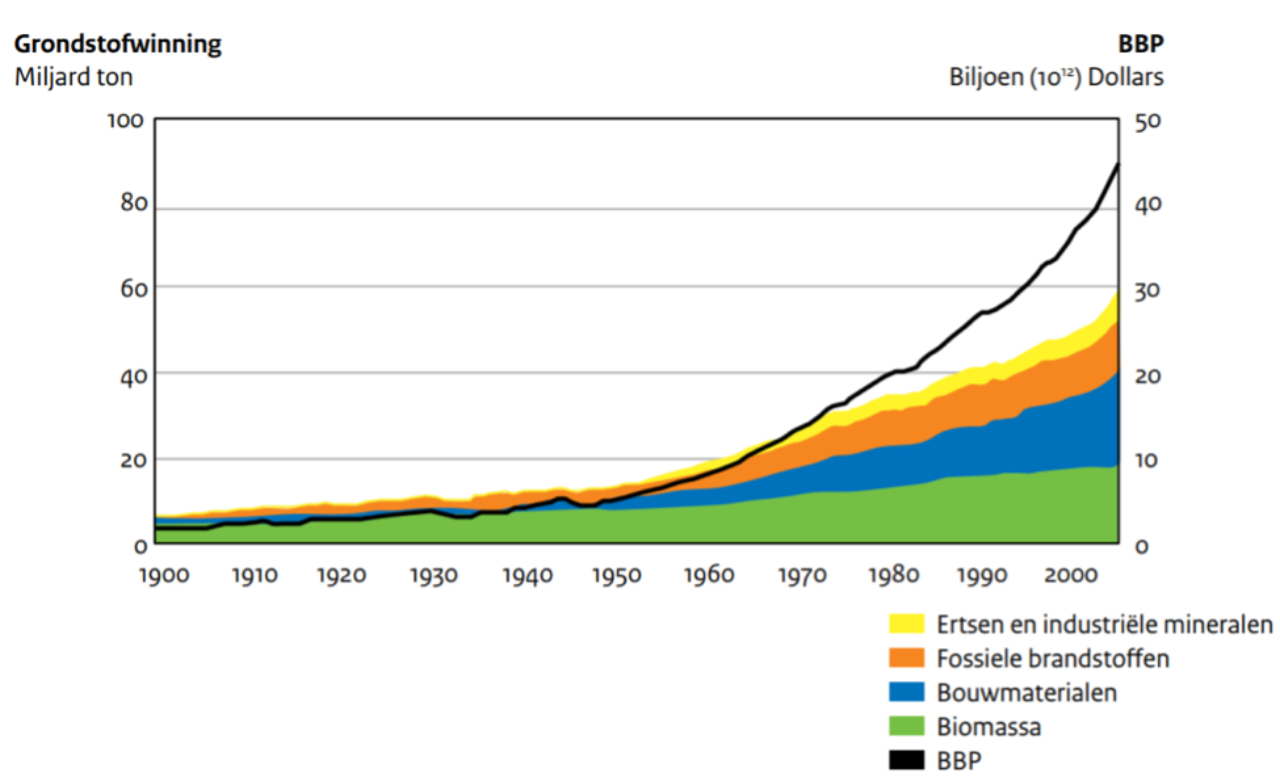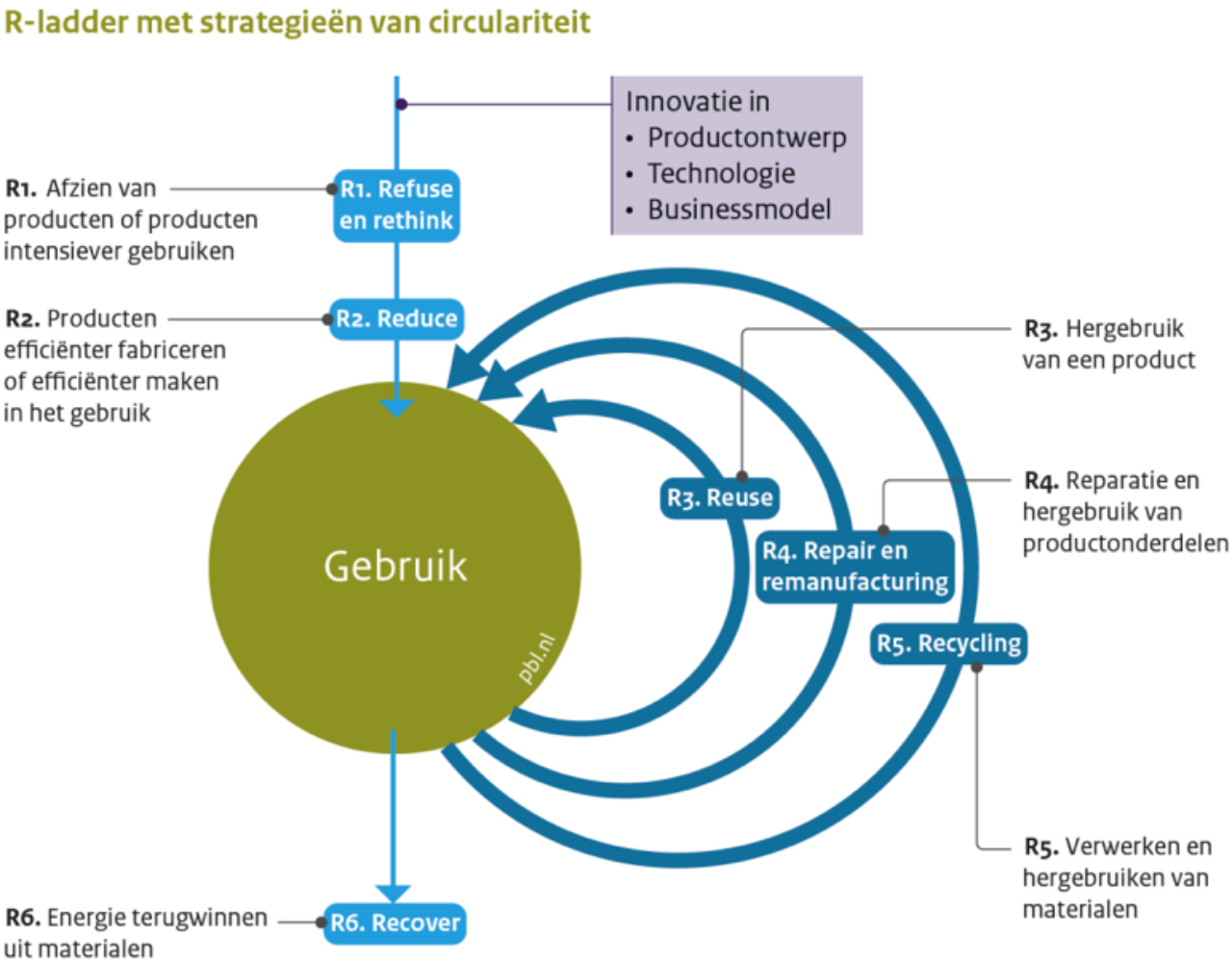The aim of the project was to advise the RIBO Foundation on how to increase turnover by adapting their role as seller of authentic building materials. The focus was mainly on a niche market within the construction sector, which is significant for the circular transition. Much of the raw material extraction in the Netherlands is done for building materials. From the interviews with professionals, including restorers and construction companies in the Twente region, it became clear that these building materials lose the most useful value after use in the present time.

In the future it is desirable that the materials return to the system after use. This can only be done when people understand that waste does not exist within a closed system and that everything still has value after use. This value should be made clear. RIBO has responded to this by using authenticity as an extra value when selling second-hand building materials.
For the advice it was important to look at how awareness about authentic building materials can be spread and what the role of craftsmanship can be in this. RIBO, as a foundation, has a lot of knowledge about craftsmanship. The 'R-ladder' of the Netherlands Environmental Assessment Agency was used to make the considerations during the project. This describes the various strategies for circularity.
The conclusion is that in the future RIBO will mainly focus on promoting the reuse of historic building materials. Where repair and craftsmanship functions as a lubricant to guarantee the quality of the products supplied. In addition, it is recommended that the network be strengthened partly through digitization in order to obtain better information about where and which materials are available, from RIBO but also from other partner organizations.
